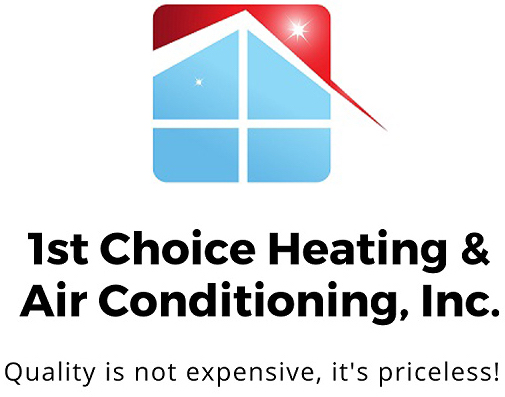
We spend a good majority of our time in our homes. As a matter of fact, the Environmental Protection Agency (EPA) has estimated being indoors comprises 90% of our days. However, the EPA also says your indoor air can be three to five times more polluted than outdoors.
That’s since our residences are securely sealed to boost energy efficiency. While this is good for your energy bills, it’s not so good if you’re a part of the 40% of the population with respiratory allergies.
When outdoor ventilation is limited, pollutants such as dust and volatile organic compounds (VOCs) might get captured. As a consequence, these pollutants might irritate your allergies.
You can improve your indoor air quality with crisp air and routine housework and vacuuming. But if you’re still having problems with symptoms while you’re at your house, an air purifier could be able to provide assistance.
While it can’t remove pollutants that have landed on your furniture or flooring, it may help clean the air circulating throughout your house.
And air purification has also been scientifically proven to help lessen some allergic symptoms, according to the American College of Allergy, Asthma and Immunology. It might also be appropriate if you or a family member has lung trouble, such as emphysema or COPD.
There are two kinds, a portable air purifier or a whole-home air purifier. We’ll go over the distinctions so you can figure out what’s correct for your house.
Whole-House Air Purifier vs. Portable Air Purifiers
A portable air purifier is for a lone room. A whole-house air purifier works with your home comfort equipment to purify your entire house. Some types can purify by themselves when your heating and cooling equipment isn’t running.
What’s the Best Air Purifier for Allergies?
Look for a model with a High Efficiency Particulate Air (HEPA) filter. HEPA filters are used in hospitals and offer the greatest filtration you can buy, as they trap 99.97% of particles in the air.
HEPA filters are even more beneficial when combined with an ultraviolet (UV) germicidal light. This powerful blend can eliminate dust, dander, pollen and mold, all of which are standard allergens. For the best in air purification, evaluate a system that also has a carbon-based filter to reduce household odors.
Avoid using an air purifier that creates ozone, which is the primary element in smog. The EPA cautions ozone could worsen respiratory issues, even when emitted at minor amounts.
The Allergy and Asthma Foundation of America has made a checklist of questions to ask when purchasing an air purifier.
- What can this purifier extract from the air? What doesn’t it remove?
- What’s its clean air delivery rate? (A bigger figure means air will be purified more quickly.)
- How often does the filter or UV bulb need to be replaced]? Can I complete that by myself?
- How much do new filters or bulbs cost?
How to Reduce Seasonal Allergy Symptoms
Want to have the {top|most excellent|best] outcome from your new air purification system? The Mayo Clinic suggests taking other steps to decrease your exposure to things that can trigger seasonal allergies.
- Stay inside and keep windows and doors closed when pollen counts are high.
- Have other family members mow the lawn or pull weeds, since these jobs can worsen symptoms. If you are required to do these jobs alone, you may want to consider trying a pollen mask. You should also bathe immediately and change your clothes once you’re finished.
- Avoid hanging laundry outdoors.
- Turn on the AC while at home or while in the car. Consider installing a high efficiency air filter in your residence’s heating and cooling unit.
- Balance your home’s humidity percentage with a whole-house dehumidifier.
- Hardwood, tile or linoleum are the ideal flooring types for reducing indoor allergens. If your house has carpet, install a HEPA filter on your vacuum cleaner.
Let Our Specialists Handle Your Indoor Air Quality Needs
Want to take the next step with adding a whole-house air purifier? Give our specialists a call at 949-762-8644 or contact us online to schedule an appointment. We’ll help you choose the best unit for your family and budget.
